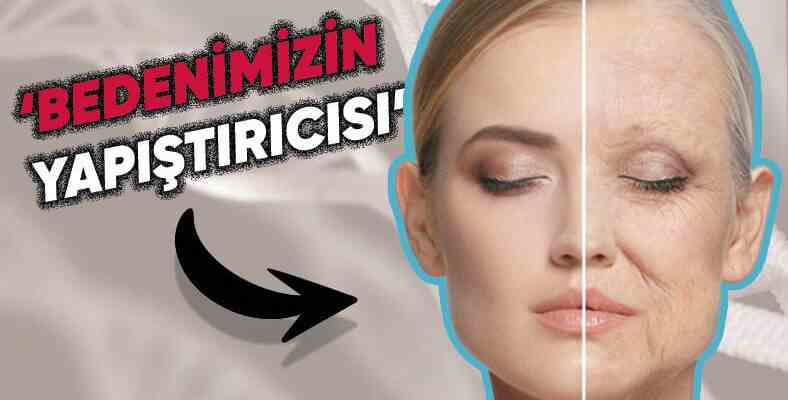Even though we see the greatest effects of collagen, a naturally produced protein in our body, in our hair and skin, this structure actually holds our muscles and tendons together. Let’s examine in all details the questions such as what is collagen, which may need to be supplemented as its production decreases as age progresses, and what is its use.
We all know now that our body is like a machine that is made up of countless small parts and thus works smoothly. One of the most important parts of this machine is protein, and one of the most important among these proteins is collagen. Because we see the biggest effects of collagen in our hair and skin. you can think of it as some kind of beauty product but its role in our body is truly vital.
Naturally produced by our cells, collagen makes our skin, hair and nails strong, yes, but more importantly, it connects our muscles and tendons. Because of this feature, the production of collagen, also known as the glue of the body, decreases as age progresses, so supplementation may sometimes be required. Bride What is collagen, what does it do Let’s examine the most frequently asked questions in detail.
Let’s start with the basics, what is collagen?
collagen; produced by fibroblasts and other cells, such as glycine, proline, hydroxyproline, alanine, glutamine It is a type of protein molecule containing amino acid sequences. About 30 percent of the total protein in our body and about 80 percent of our skin is made up of collagen.
So what does collagen do?
The most well-known task of collagen protein is to strengthen our hair and nails and to give flexibility to our skin. Its lesser known but most important task is It is to form the main structure of the connective tissue that connects the skin, bones, muscles, tendons and other points. In other words, it kind of holds our body together and is therefore called the glue of the body.
Collagen works with a protein in our body called elastin. As the name suggests, elastin our tissues and especially our skin. While it gives elasticity, that is, flexibility, collagen ensures that these tissues are strong. Collagen is what allows us to have taut and beautiful skin when we are young.
Our body’s production of collagen declines over the years:
It’s a fact that as we age, our bodies don’t work the way they used to. The area where we see this fact most clearly is collagen production. At a young age, At the age of 25, a person’s collagen production begins to decline at an annual rate of up to 2 percent. Of course, this rate can vary from person to person.
The main collagen decline begins after the age of 40 or with the menopause period in women. Compared to before age 30 During this period, it is observed that the annual collagen production of the body decreases by up to 20 percent. Then come the signs of aging.
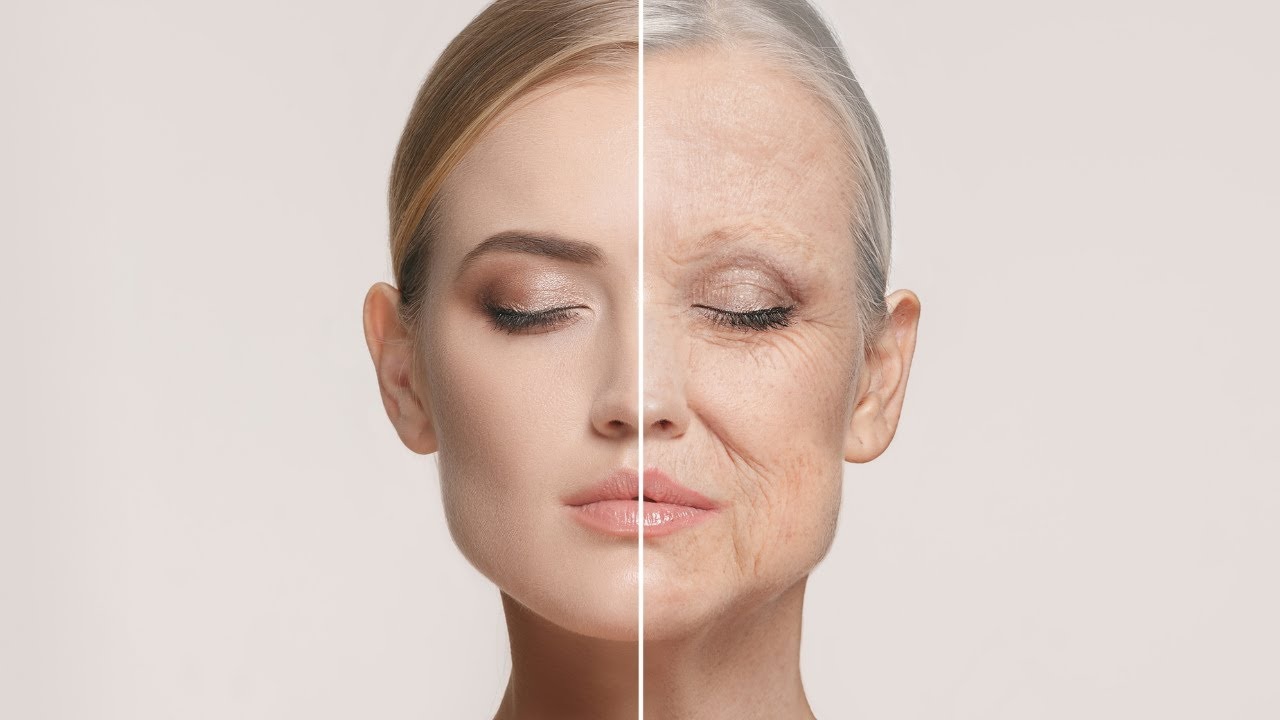
What are the symptoms of collagen deficiency?
- Decreased skin elasticity
- Dry on the skin
- thinning of the skin
- Skin sagging at different points
- skin wrinkles
- sunspots
- Deterioration in hair quality
- Brittle nails
- Crow’s feet formation
- Pitting around the eyes
- bruises on the skin
- Cellulite
- bleeding gums
- decrease in muscle mass
- Decreased healing process in sports injuries
- joint pains
- Wear of cartilage tissue
Here are some of the signs that you are experiencing a collagen deficiency. Collagen is a vital protein As the years pass and its production dwindles gives priority to muscles, bones and tendons. Since it focuses on the vital organs of the body, it withdraws itself from non-vital points such as skin, hair and nails. As such, sagging, hair loss and nail breakage come one after another. Of course, with age, collagen becomes insufficient for muscles and bones.
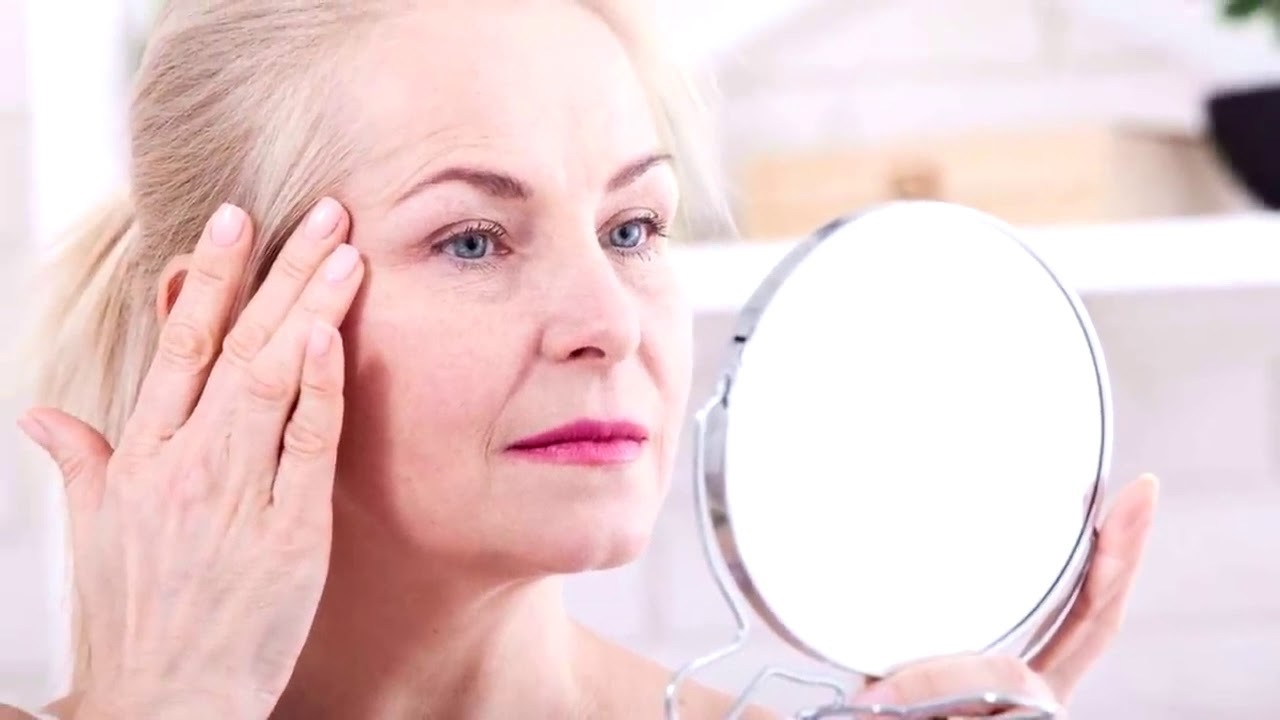
We understand aging, why does collagen decrease in young people?
- Mental and physical stress damage
- Processed sugar consumption
- To smoke
- consuming alcohol
- Vitamin C deficiency
- Exposing the skin to extreme cold
- Exposure of the skin to chemicals
- Prolonged unprotected sun exposure of the skin
- Intensive use of make-up and cosmetics
- insufficient sleep
- Malnutrition
- Insufficient protein intake
- exposure to toxins
- Treatments that make it difficult to absorb vitamins and minerals
Although the main striking effects of most of them are manifested in advanced ages, some of the main reasons for the lack of collagen in young people are like this. If you pay attention, only a few of these reasons are due to disease. well The biggest cause of collagen deficiency in our body we and the lifestyle we have.
Of course at this point to open a parenthesis and The genetic factor should also be mentioned. Some people do all these, but their collagen production does not drop very much, some people do very little, but their collagen production drops a lot. At this point, it is important to take all the importance we can take at a young age before it is too late.
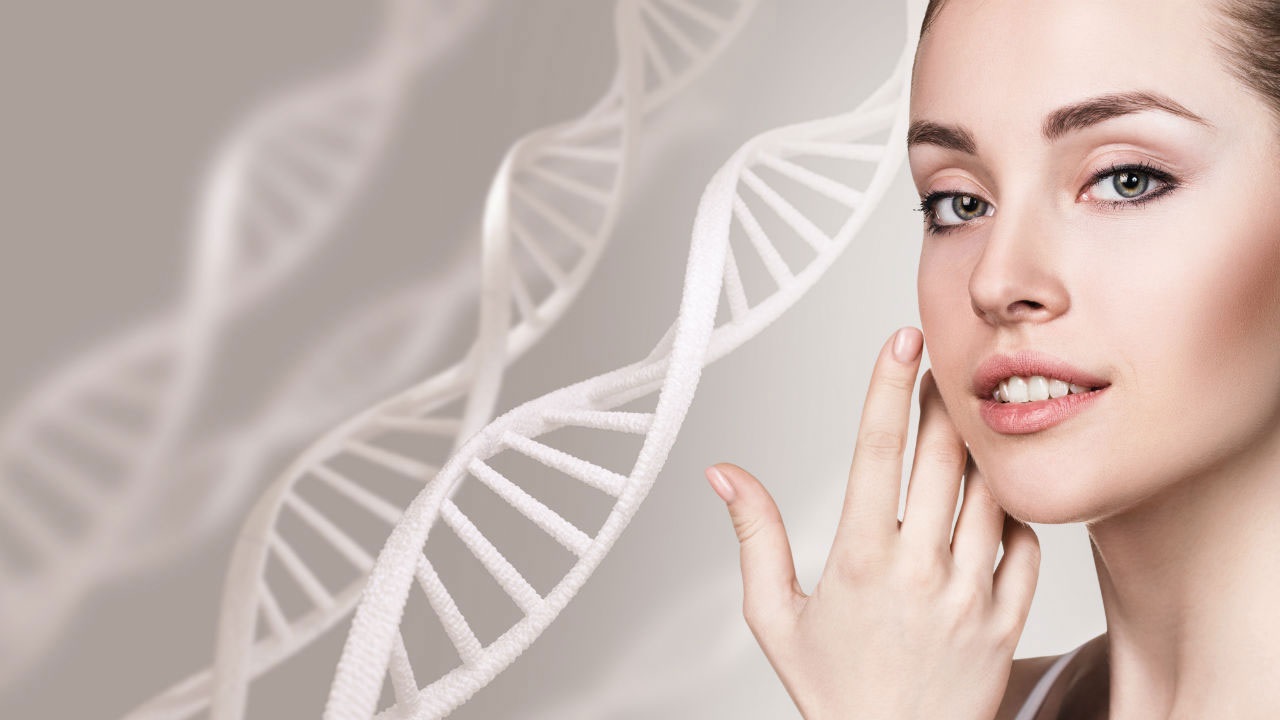
Is collagen supplement necessary?
Of course, a specialist will make the right decision, but if you have started to see signs of collagen deficiency in your body and if you are older It is recommended to take collagen supplements. Again, according to your doctor’s recommendation, it is possible to take collagen supplements with gel, pill or injection method.
Many studies on the subject come to a common conclusion. Taking collagen supplements, especially in women aged 35 to 55 It has a positive effect on skin health. It has also been revealed that as a result of regular exercise in elderly men with collagen supplementation, their muscle mass increases and they burn fat much faster.
The amount of use of the collagen supplement will vary depending on the product you use. Supplements made from natural bone powders no more than 10 grams per day, no more than 5 grams of others It is recommended to take. Be sure to use all collagen supplements regularly because visible effects appear after at least 3 months.
So, are there any side effects of collagen supplementation?
The side effects of collagen supplements may vary depending on the product you use. For example, some products can cause nausea or diarrhea. Some collagen supplements produced using animal products can cause allergic reactions in the person.
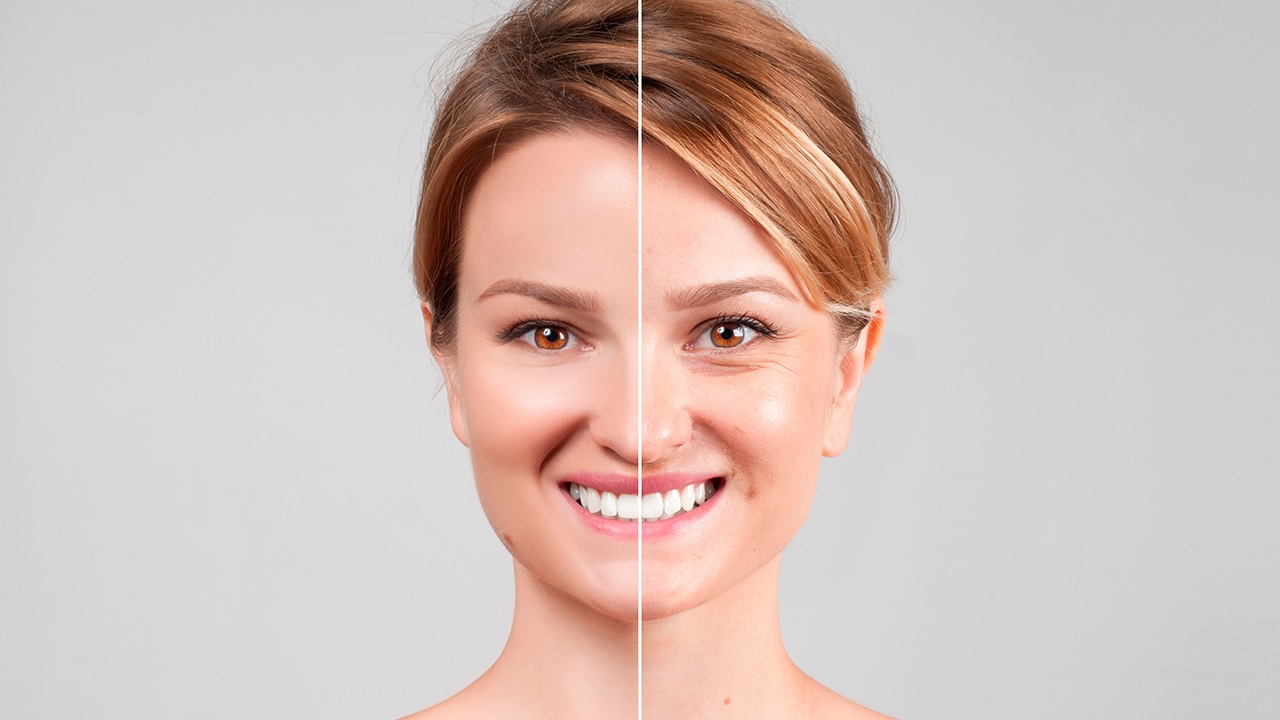
It is possible to increase your collagen level naturally without the need for supplements:
- Consume foods rich in vitamin A such as tomatoes, spinach, grapefruit, broccoli, apricots, leeks and carrots.
- Consume foods rich in vitamin C such as parsley, citrus fruits, melons, blueberries, kiwis and strawberries.
- For lots of water.
- Do not neglect the protein and amino acids you need to get daily by consuming meat products, fish, dairy products and nuts.
- Consume red fruits and vegetables such as beets, apples, and cherries.
- Pay attention to your sleep patterns.
- Quit smoking.
- Limit alcohol consumption.
Just as we lose collagen naturally, it is possible to increase our collagen level naturally. If you take a look at the suggestions we have listed above, You will see that they are also necessary for a healthy life. In other words, the healthier you live, the more efficient your collagen production will be.
It strengthens our hair, nails, skin and connects our muscles. What is collagen, what does it do We answered your questions. What we describe is for informational purposes only. Do not forget that you should get the most accurate and specific information about the use of collagen from a specialist physician, as in all health issues.
